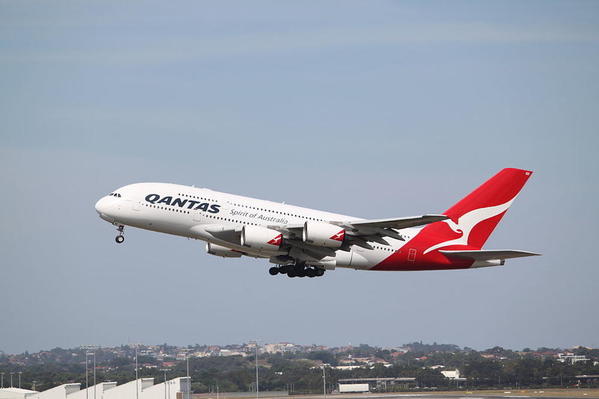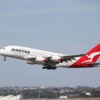It's been a fairly rough decade for the Airbus A380 jumbo jet. Introduced as a plane for the masses, Airbus has had a hard time convincing airlines they should buy this massive aircraft which, depending on how it's configured, can seat over 600 people (and up to 800 in a crowded economy only configuration). But the industry has instead drifted towards the smaller, flexible, fuel-efficient and passenger friendly Boeing 787 Dreamliner.
The A380 has paid for its development and production costs, but has not been the financial success Airbus hoped it would. About 317 A380 plane orders have been filled since the plane went on the market in 2000. There's only limited interest in the plane currently, mostly from Dubai based carriers.
Emirates, the A380’s biggest customer, has pushed Airbus to make improvements to the plane including a larger cabin and more fuel-efficient engines. And with continued demand for all aircraft expected, Airbus is hopeful the plane will find a foothold and sales will grow. If that's the case, then a larger stretch version of the A380 outfitted with new engines, the A380neo, might be marketable.
The planemaker expects to win certification from regulators by the end of this month for its A380neo. That plane will be on the market by about 2022. Time will tell if it will be a good marketing idea.
More on this story at Bloomberg Business at this link.



Comments (2)